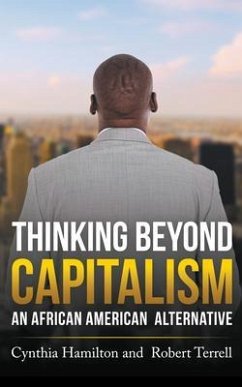The book is divided in two. The first section addresses the theoretical shortcoming that result from the predominance of capitalism. We recognize that capitalism was initially accepted as progressive and incorporated elements of democracy however slavery (the first contradiction of capitalism) was the economic activity which produced the profits which were then invested in the industrial revolution. Successful industry ultimately destroyed slavery (captains of industry insisted that if they had to pay their workers, other "captains" would have to do the same). But, the ground work was laid for racism, which became the next contradiction of capitalism. As the democratic revolutions of Europe and the U.S. promised "liberty and justice for all, slavery lived on. Meanwhile, capitalism continued to reach out, and colonialism and imperialism became the form of domination it would coexist with. Domination included abuse of the environment and natural resources. The second part of the book is empirical. After reviewing the conditions of African American the authors review several essential building blocks for rebuilding communities that can provide stability and prosperity for all.
Dieser Download kann aus rechtlichen Gründen nur mit Rechnungsadresse in A, D ausgeliefert werden.









